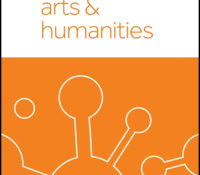tandfonline.com – On the relationship between Iranian EFL learners’ reading fluency, their personality types and learning styles
tandfonline.com har udgivet en rapport under søgningen “Teacher Education Mathematics”: Abstract Abstract The purpose of the present study was to investigate the relationship between EFL personality types, their learning style, and their reading fluency. To this end, 130 male and female intermediate EFL learners were selected from three institutes. They were asked to fill in two questionnaires including a Holland’s questionnaire of personality types and Reid’s Perceptual Learning Style Preference (PLSP) Survey. Moreover, they were asked to read a reading section of Active Skills for Reading to measure their reading fluency. Pearson coefficient of correlation was employed to answer the first and second research questions and a multiple regression analysis was run after checking the preliminary assumptions. The results of the study indicated that there is a significant relationship between… Continue Reading

